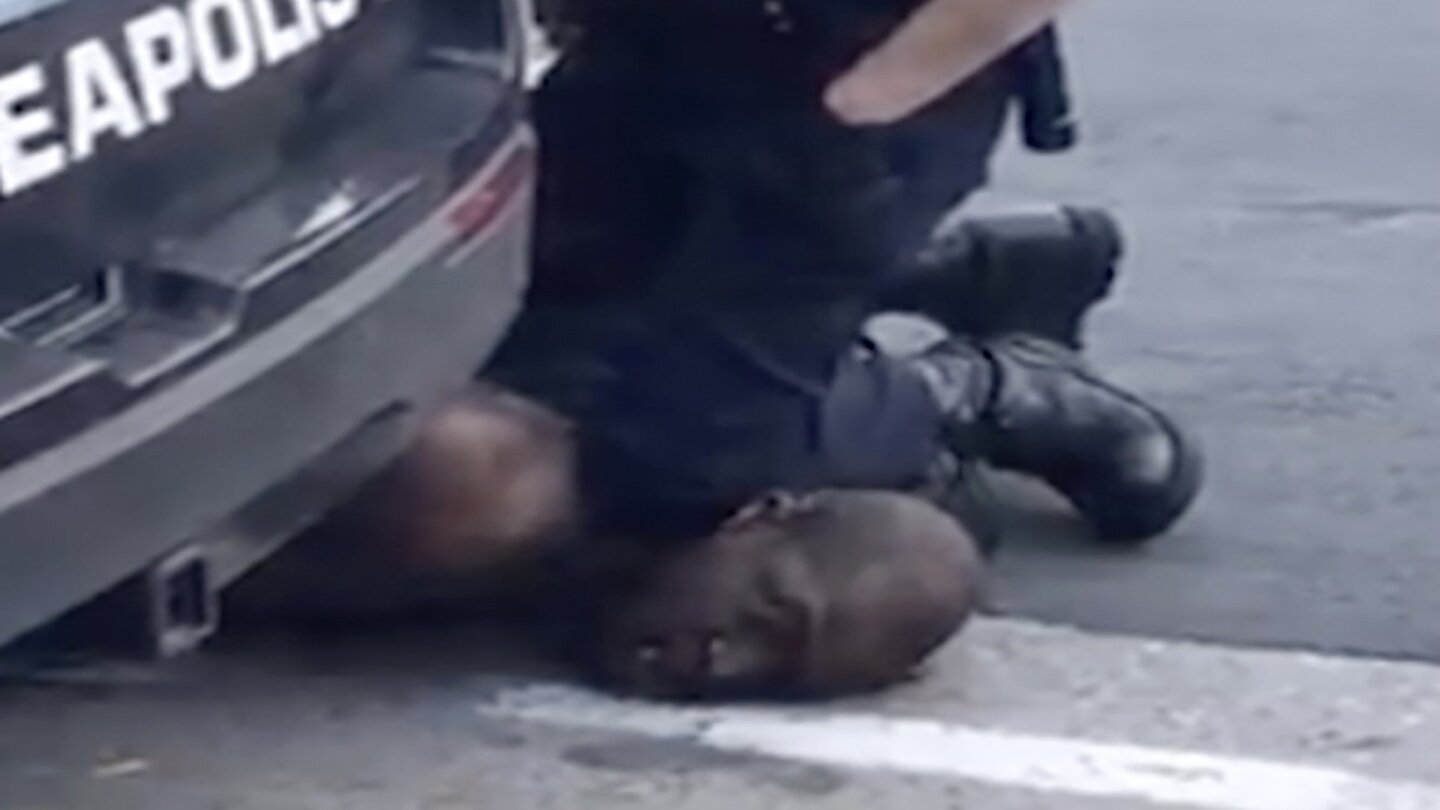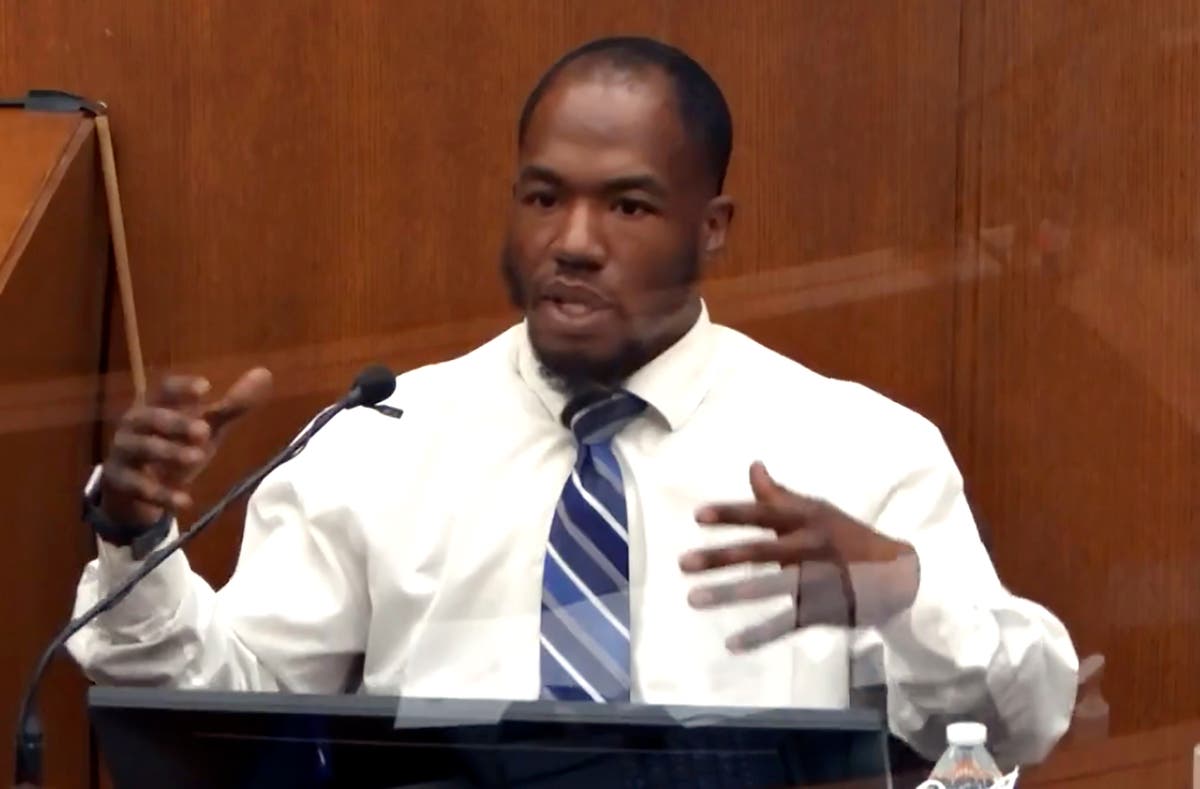Risks of handcuffing someone facedown long known; people die when police training fails to keep up
Associated PressFor decades, police across the United States have been warned that the common tactic of handcuffing someone facedown could turn deadly if officers pin them on the ground with too much pressure or for too long. “But I didn’t know.” PATCHWORK OF TRAINING What officers learn about the risks of prone restraint depends on geography. California’s 2021 law said departments “shall not authorize techniques or transport methods that involve a substantial risk of positional asphyxia.” The legislation’s sponsor, Assemblymember Mike Gipson, said he wanted to limit prone restraint, because “it causes death.” The legislation does not include criminal penalties for violating it. But AP’s investigation identified 44 cases where a medical examiner or coroner said prone restraint caused or contributed to the death, and another 17 which cited positional asphyxia or asphyxia due to restraint. “There’s a big difference between fighting the officers and fighting for breath,” said Seth Stoughton, a University of South Carolina law professor and national use-of-force expert who as a former officer and police trainer has written extensively about prone restraint.
History of this topic
Takeaways from AP investigation into police training on the risks of handcuffing someone facedown
Associated Press
Risks of handcuffing someone facedown long known; people die when police training fails to keep up
The IndependentDiscover Related

















